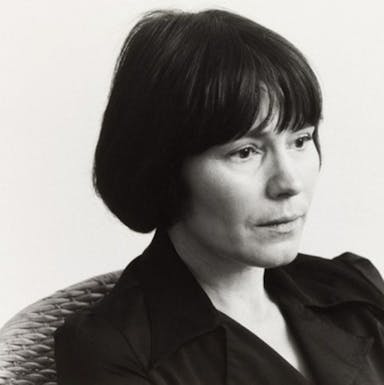Swiss writer of Hungarian origin. Her childhood and youth in the Austrian border town of Kösseg coincided with the Hungarian War, bombings, famine, Soviet occupation and the subsequent New Order, all of which are reflected in one way or another in The Thick Notebook, 1986. simply shook the world of literature.
Kristóf's first steps as a writer were in the realm of poetry and theater (John et Joe, Un rat qui passe), aspects of her writing that were not as influential as her prose. in 1986 Kristóf's first novel The Notebook appeared. This was the beginning of a trilogy. A sequel called "Proof" appeared two years later. The third part was released in 1991. entitled The Third Lie. The main themes of this trilogy are war and destruction, love and loneliness, loose, desperate and attention-seeking sexual encounters, desire and loss, truth and fiction.
She received the European Prize for French Literature for The Notebook. This novel has been translated into more than 40 languages. in 1995 she published a new novel called "Yesterday". Kristóf also wrote the book L'analphabète (in English The Illiterate) and published it in 2004.
